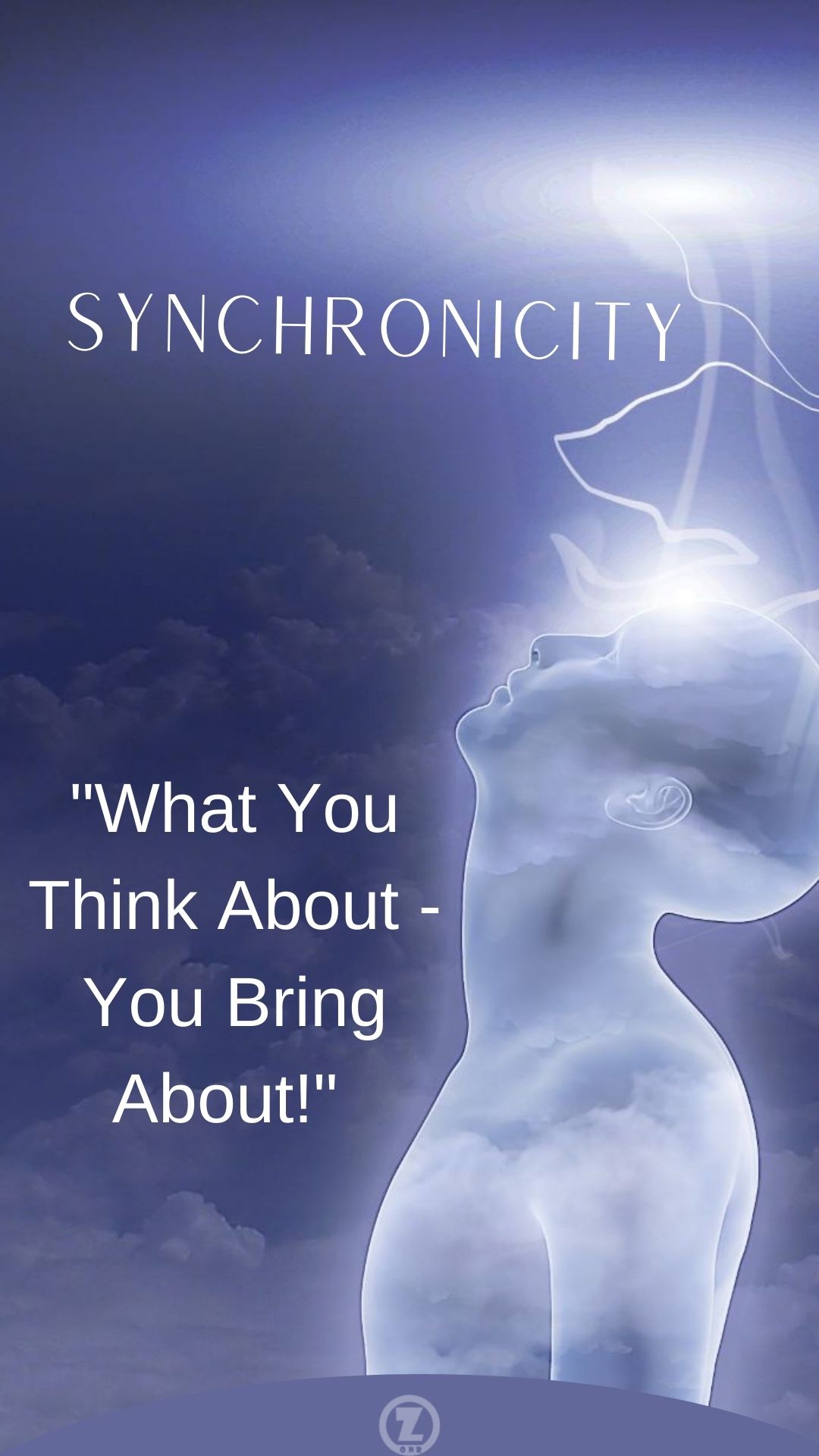“Synchronicity:
A meaningful coin-
cidence of two or more
events where something
other than the prob-
ability of chance
is involved.”
– Carl Jung (1875 – 1961) Swiss psychologist
– Sign up to Zonr for Today’s Full SFZ
How has the axiom, “what you think about, you bring about” ring true for you, lately?
~~~
Synchronicity – the Police (live) (2:56)
Bill W. on The Traditions & Carl Jung (10:13)
Manifest What You Really Want NOW (9:59)
Carl Jung About Synchronicity. – Truth Inside Of You
One of Jung‘s favourite quotes on synchronicity was from Through the Looking-Glass by Lewis Carroll, in which the White Queen says to Alice: “It’s a poor sort of memory that only works backwards”.
According to Occam’s razor, positing an underlying mechanism for meaningfully interpreted correlations is an unsupported explanation for a “meaningful coincidence” if the correlations may alternatively be explained by simple coincidence. The amount of meaningful coincidence which one expects by random chance is higher than most people’s intuition would lead them to believe, an observation known as Littlewood’s Law. Jung and followers believe that synchronous events such as simultaneous discovery happen far more often than random chance would allow, even after accounting for the sampling bias inherent in the fact that meaningful coincidences are noticeable while meaningless coincidences are not.
In psychology and cognitive science, confirmation bias is the tendency to search for or interpret new information in a way that confirms one’s preconceptions and avoids information and interpretations which contradict prior beliefs. Many critics believe that any evidence for synchronicity is due to confirmation bias, and nothing else.
On Confirmation Bias:
Wolfgang Pauli, a scientist who in his professional life was severely critical of confirmation bias, lent his scientific credibility to support the theory, coauthoring a paper with Jung on the subject. Some of the evidence that Pauli cited was that ideas which occurred in his dreams would have synchronous analogs in later correspondence with distant collaborators
r beliefs. Many critics believe that any evidence for synchronicity is due to confirmation bias, and nothing else.
Wolfgang Pauli, a scientist who in his professional life was severely critical of confirmation bias, lent his scientific credibility to support the theory. Pauli coauthored a paper with Jung on the subject. Some of the evidence that Pauli cited was that ideas which occurred in his dreams would have synchronous analogs in later correspondence with distant collaborators.”

Leave a Reply